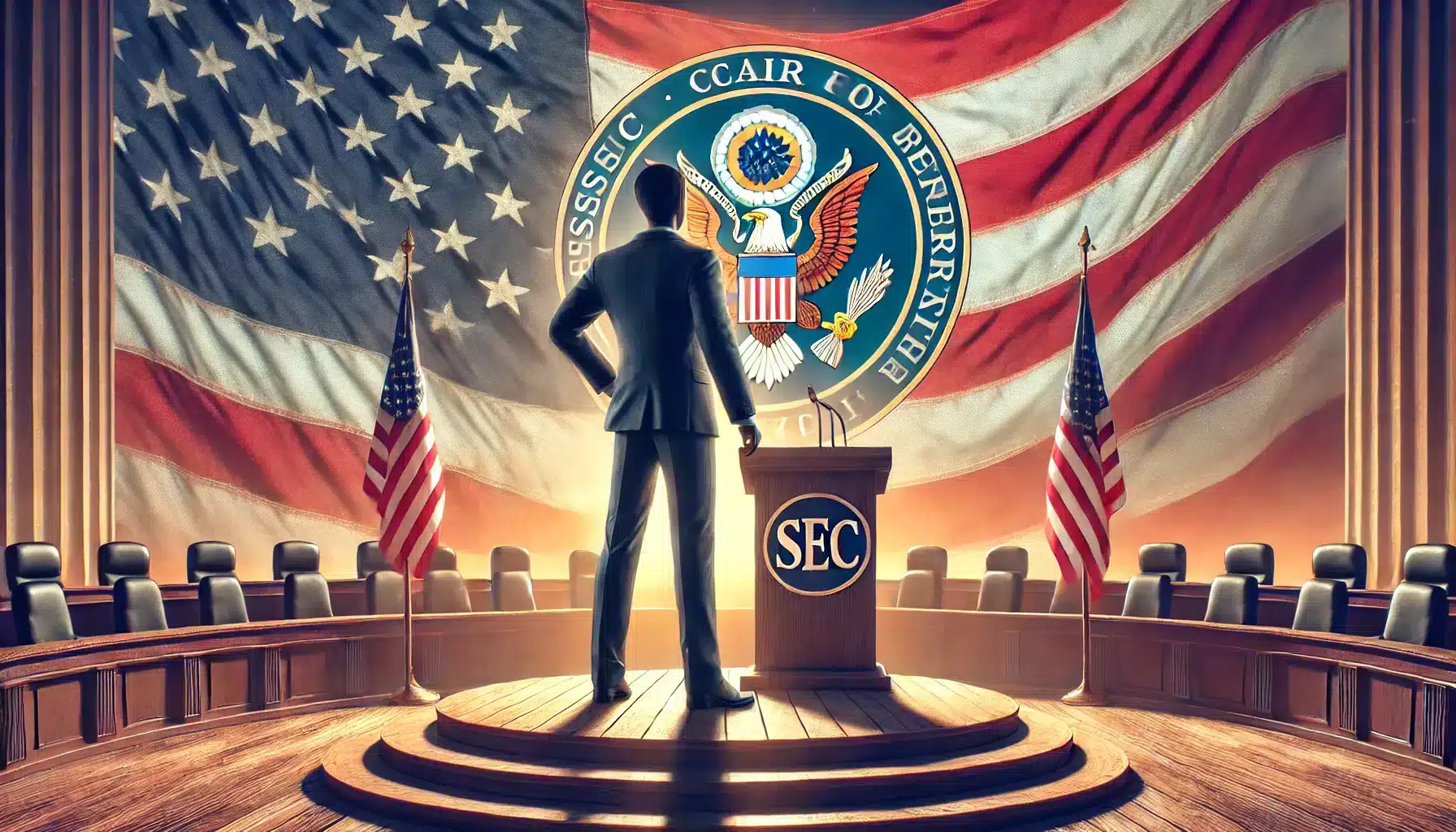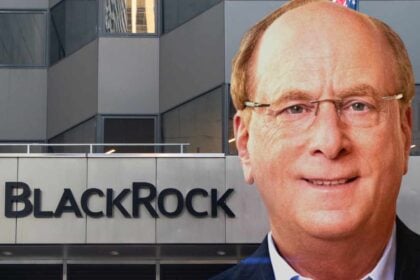The impending 2024 presidential race in the United States will significantly impact how cryptocurrency is regulated in the coming years. At the heart of this ambiguity is whether Gary Gensler, the present Chair of the Securities and Exchange Commission (SEC) known for his stern surveillance of the digital currency sector, will retain his role. Both leading candidates for the Oval Office, Donald Trump and Kamala Harris, have suggested they may replace the SEC’s management once elected, each with diverging repercussions for the fate of virtual assets.
Meanwhile, debates rage on among policymakers, businesses, and the public regarding how much oversight is appropriate and how new technologies should best adapt to existing rules. The future remains opaque, but one thing is certain: the race for the White House will usher in meaningful change for crypto’s relationship with the government.
Trump’s Pro-Crypto Stance: A Shift in Regulatory Approach
Former President Donald Trump emerged as a vocal advocate for the burgeoning cryptocurrency sector, expressing strong views indicative of his vision should he once again attain the nation’s highest office. At the recent Bitcoin 2024 conference held in Nashville, with bold rhetoric he declared “on the first day, Gary Gensler will receive his walking papers,” leaving no doubt as to his deep dissatisfaction with the current SEC Chairman’s regulatory tightening.

Trump has zealously pledged to transform the United States into the undisputed global crypto capital, foreshadowing a potential paradigm shift toward a future of freer oversight. Speculation and conjecture among political insiders suggests that loyal pro-business allies like the similarly minded Dan Gallagher or Hester Peirce, known for libertarian leanings, could assume leadership of the SEC, changing the landscape in ways sure to please advocates of innovation and decentralization.
Harris’s Balanced Perspective: Toward Clearer Regulations
Vice President Kamala Harris, the Democratic nominee, has also said she would review the SEC’s leadership. Not as pro-crypto as Trump, she does acknowledge the need for a clearer framework for digital assets. Her team is considering candidates like Chris Brummer, a Georgetown Law professor and crypto advocate, and Erica Williams, Chair of the Public Company Accounting Oversight Board (PCAOB), both of whom might bring a more balanced approach to crypto regulation.
The Crypto Industry’s Investment in Political Outcomes
The crypto industry has gotten more political, spending over $119 million in the 2024 election cycle to shape regulatory outcomes. That’s a lot of money to promote favorable policies that support innovation while protecting investors. Jenice Malecki, a securities lawyer, says “Non-regulation harms investors and allows bad actors to thrive”, so a clear regulatory environment is necessary.

The Final Thoughts
The US presidential election is a turning point for crypto regulation and has big implications for the industry’s path and growth. A pro-crypto advocate under the Trump administration or a balanced regulator under Harris could change the industry’s future. For Trump, a more industry friendly leader could reduce regulatory pressure and open up new opportunities for innovation and investment and make the US a global leader in digital finance. For Harris a balanced approach would create a stable regulatory environment that aligns with broader investor protections.
As the industry grows up clear and fair rules are still necessary to protect investors, promote responsible growth and keep bad actors in check. The decisions made in the next few months will have a lasting impact on digital assets in the US and the country’s place in the global digital economy for years to come.
Stay tuned to TheBITJournal and keep an eye on Crypto’s updates. Follow us on Twitter and LinkedIn, and join our Telegram channel to be instantly informed about breaking news!






























